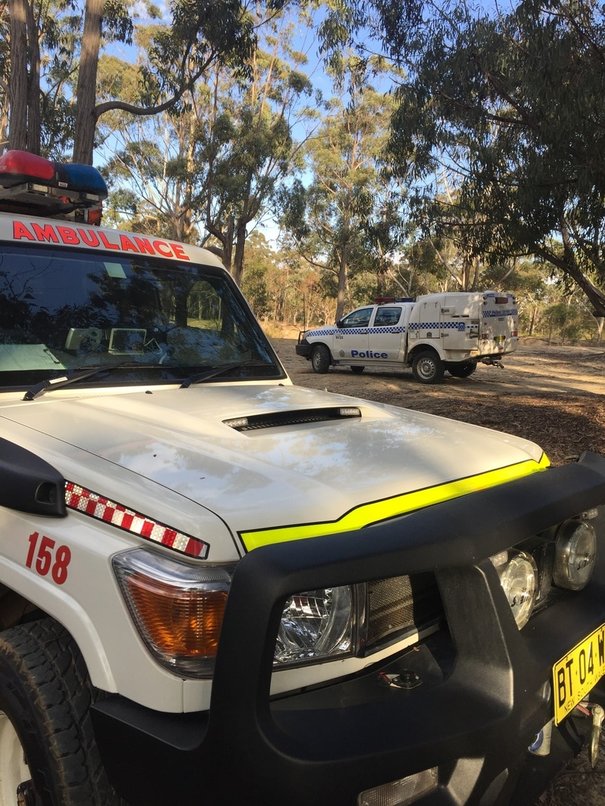|
An operational management plan is essentially the standard operating procedures for your program. Now I hate the term SOP, because it always feels like it's a set of rules that's written down, which ultimately guarantees that nobody ever reads it. So what's the point? Like anything involving people, logistics and risk, it needs to be a living, breathing process that all staff are part of. It has to be clear in the minds of all staff what the process is to run a safe and effective program. With any experiential education, you need to have some very clear structures in place to both ensure the smooth operation of activities, as well as contingency plans if something goes wrong. Some organisations are obsessed with risk management plans and waivers, thinking this is all the planning they need. They've kept their lawyers happy and there's a document they can produce to prove they at least thought about something before leading the group into the valley of death. Well, there's quite a lot more to it than that and this is where many organisations go wrong. You’d think it goes without saying that you need a plan, an itinerary, a schedule, risk assessment, student medicals, permission notes, or at the very least a class roll! However, I’ve regularly seen the focus of planning to be on only one or two of these components, rather than properly addressing them all. You must address them all! There's no point in having an itinerary and risk assessment written and not having the logistics and staffing in place to execute your plans. You always need a functional end-to-end operational plan, that is flexible enough to handle multiple contingencies. Therefore, you need to plan for everything from the perfect operation to various “what ifs” for minor hurdles, emergencies and full crisis response. An effective response though has more to do with the staff’s mental state and ability to respond and adapt to a fluid situation, rather than a rigid written plan that's immediately forgotten when confronted with a complex crisis. I've seen this done very well, but also extraordinarily poorly, especially when people aren't operating programs all the time and they feel they need to make things up as they go. There's a huge difference between being adaptable and making stuff up on the run. So one massive hint here, Don't Make It Up As You Go! Have a well-structured, executable plan that everyone’s part of that can be quickly enacted if something goes wrong. What if the weather changes? What if an emergency happens? What if a crisis happens? Are you prepared to switch it up and respond quickly and effectively? I've seen some great written risk assessments where I have mused, ‘wow they've thought of everything!’ but then looking further on, no contingency plans nor any real idea as to how to manage an emergency or crisis. It's Never Nice Getting Hit By This Emergency Services I've seen and worked on programs (thankfully not run them) where the organisation had a ‘nothing will ever go wrong’ approach. This is where everything is done on razor thin staffing, based upon the idea that everything will go exactly to plan and I mean exactly to plan! The danger of this, is firstly, it's idiotic in the extreme. When you're dealing with groups of students and staff in different locations and involving vehicles and equipment, something could eventually go wrong. If you have no flexibility and adaptability factored in, then you're asking for a lawsuit and in fact, you deserve the horrendous experience of being dragged through the courts for your stupidity. I never felt safe, nor comfortable on this program. Thankfully, when I brought it to the attention of the organisation and they couldn't see the problem with it, I left and found another place to work that did.
This ‘razor thin’ notion, usually done to ‘save money,’ that works off the basis that everything will go exactly to plan, just increases the pressure, stress and fatigue on staff, which adds to the inevitability of something going wrong. Philip of Macedon (Alexander The Great’s father) put it very nicely. ‘No plan survives contact with the enemy.’ So with that in mind, here's an outline of how I develop an operational management plan:
If you plan around these 10 steps, then you're well on the way to having a safe, enjoyable and rewarding experience for everyone involved.
0 Comments
Your comment will be posted after it is approved.
Leave a Reply. |
AuthorWrite something about yourself. No need to be fancy, just an overview. Archives
April 2021
Categories
All
|
Copyright Xcursion Pty Ltd 2015-2023




 RSS Feed
RSS Feed


